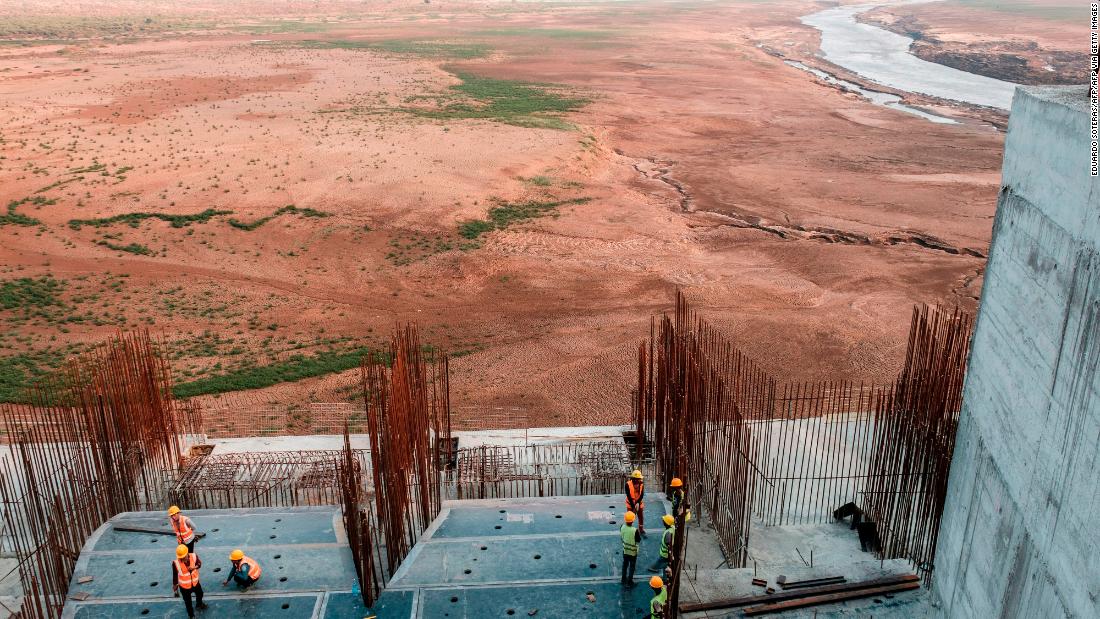“We cannot continue this vicious cycle of circular negotiations indefinitely,” Sudanese irrigation minister Yasir Abbas said in a statement.
However, Egypt and Ethiopia, in separate statements, blamed Sudanese objections to the structure of the negotiations for the new stalemate.
Ethiopia sees the dam as the key to plans to become Africa’s largest energy exporter. Egypt, which obtains more than 90% of its scarce fresh water from the Nile, fears the dam could devastate its economy.
Sudan said on Sunday that it fears the dam could overload the nearby Roseires dam if an agreement is not reached that allows countries to share data.
Ethiopia said in a statement from the Ministry of Foreign Affairs that, despite previously insisting on meetings with experts from the African Union, Sudan has opposed its terms of reference and has refused to include experts in the meeting, effectively interrupting negotiations.
The prolonged dispute between the three countries continued even after the $ 4 billion dam reservoir began to fill in July.
“Sudan insisted on the appointment of experts from the African Union to offer solutions to controversial issues … a proposal on which Egypt and Ethiopia have reservations,” said Egypt’s Ministry of Foreign Affairs in a statement published on social media.
In its own statement to the state news agency SUNA, Sudan said it opposed what it said was a January 8 letter from Ethiopia to the African Union stating that Ethiopia was determined to fill the reservoir for the second year in July at 13, 5 million cubic meters of water, whether an agreement is reached or not.
In its own communiqué published on the Ministry of Foreign Affairs’ social media, Ethiopia said it “took the immediate initiative to establish an effective and reciprocal data exchange mechanism”.
